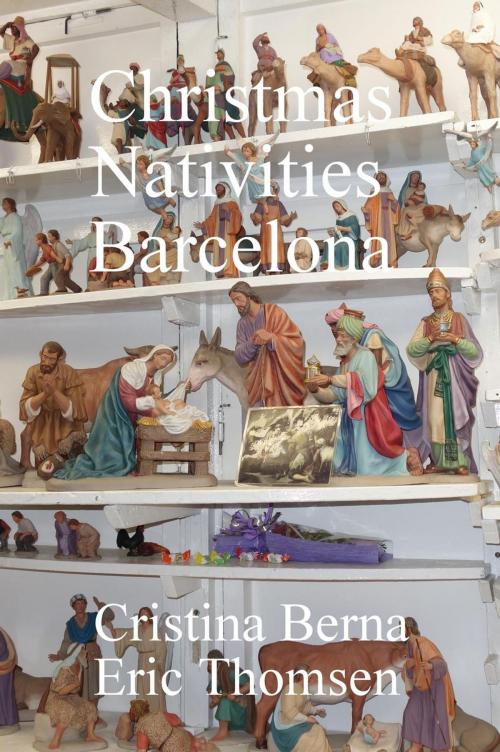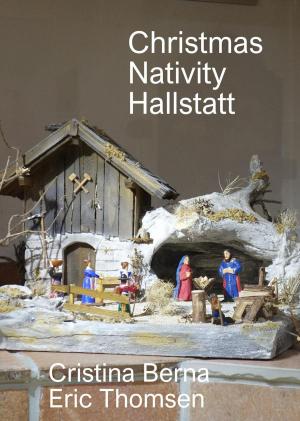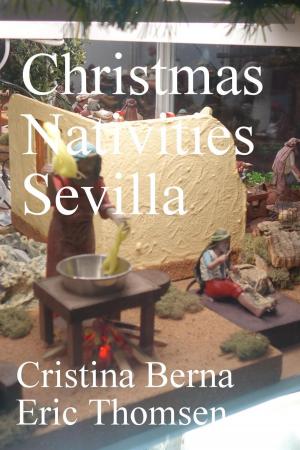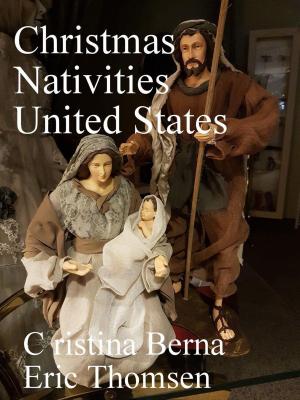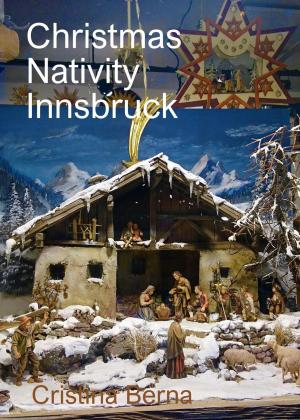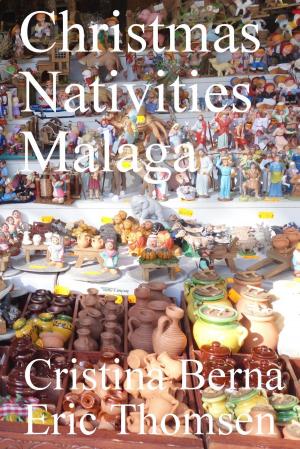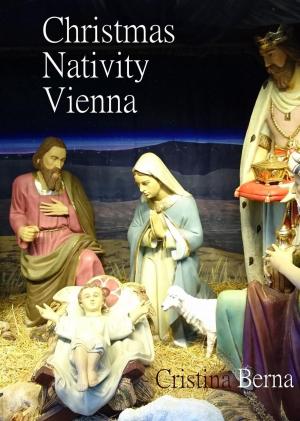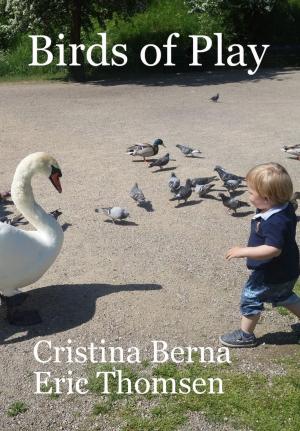Christmas Nativities Barcelona
Christmas Nativities, #1
Nonfiction, Home & Garden, Antiques & Collectibles, Art, Religion & Spirituality, Reference, Ritual & Practices| Author: | Cristina Berna, Eric Thomsen | ISBN: | 9781386498414 |
| Publisher: | Missys Clan | Publication: | November 23, 2018 |
| Imprint: | Language: | English |
| Author: | Cristina Berna, Eric Thomsen |
| ISBN: | 9781386498414 |
| Publisher: | Missys Clan |
| Publication: | November 23, 2018 |
| Imprint: | |
| Language: | English |
One of the wonderful traditions of Christmas is the Nativity. But you don't have to be Christian or a regular church-goer to love these wonderful displays. The creativity and artistry speaks to all children and to the child in us all.
Nativity is a scene from the stories of the birth of Jesus. They are in the Gospels of Matthew and Luke. With inspiration in these stories you use either figurines or live people to create the scene and convey the story.
These scenes excite especially the children. Their happy smiles and their joy is so wonderfully rewarding. But adults as well enjoy both creating and looking at the nativity scenes.
This has developed into a huge handicraft industry in countries like Spain and Italy. Artists and craftsmen work all year round to create their next exhibits, which are sold especially at Christmas markets.
Families collect figurines and accessories from the markets and create their own displays at home. Churches, beginning with the Vatican, and cities and other institutions create their own annual exhibits that are venerated and celebrated.
This little book series shows you some of the nativity scenes we have seen and some of the figurines and accessories that you can find in the various Christmas markets, as well as where you can not find nativity scenes and figurines.
Nativity is today a Catholic tradition, separated in many countries from official society as Christianity does no longer have the same central function, although the European values and norms are deeply steeped in Christianity.
In Northern European countries the birth of Jesus is no longer the central theme of the Christmas displays.
We show you some alternative displays, usually with animals, that are used instead to make the children, and adults, happy. Mostly they are in shopping windows and displace for a while the display of some of the commercial goods that is the daily function of the windows.
One of the wonderful traditions of Christmas is the Nativity. But you don't have to be Christian or a regular church-goer to love these wonderful displays. The creativity and artistry speaks to all children and to the child in us all.
Nativity is a scene from the stories of the birth of Jesus. They are in the Gospels of Matthew and Luke. With inspiration in these stories you use either figurines or live people to create the scene and convey the story.
These scenes excite especially the children. Their happy smiles and their joy is so wonderfully rewarding. But adults as well enjoy both creating and looking at the nativity scenes.
This has developed into a huge handicraft industry in countries like Spain and Italy. Artists and craftsmen work all year round to create their next exhibits, which are sold especially at Christmas markets.
Families collect figurines and accessories from the markets and create their own displays at home. Churches, beginning with the Vatican, and cities and other institutions create their own annual exhibits that are venerated and celebrated.
This little book series shows you some of the nativity scenes we have seen and some of the figurines and accessories that you can find in the various Christmas markets, as well as where you can not find nativity scenes and figurines.
Nativity is today a Catholic tradition, separated in many countries from official society as Christianity does no longer have the same central function, although the European values and norms are deeply steeped in Christianity.
In Northern European countries the birth of Jesus is no longer the central theme of the Christmas displays.
We show you some alternative displays, usually with animals, that are used instead to make the children, and adults, happy. Mostly they are in shopping windows and displace for a while the display of some of the commercial goods that is the daily function of the windows.
